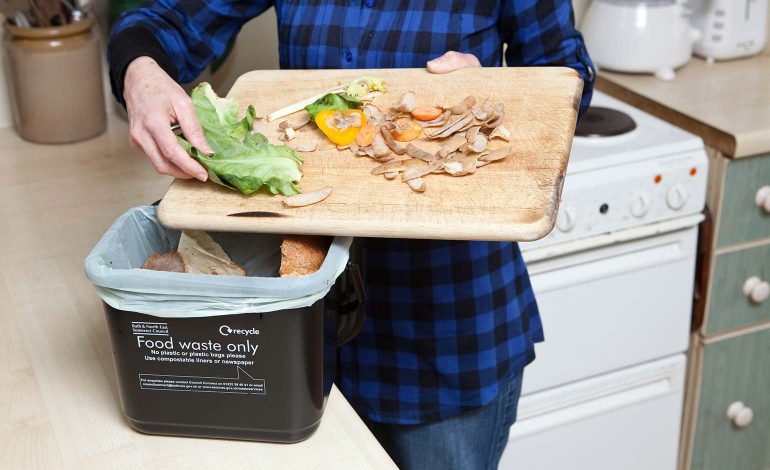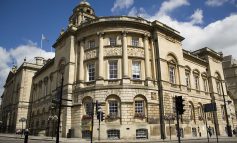More residents across the local area will be able to recycle their food waste as Bath & North East Somerset Council expands its collection service to flats in the BA1 and BA2 postcodes.

From March 2020, residents of flats in these areas will be able to recycle all their raw and cooked food waste, including fruit and vegetable peelings, plate scrapings and bones.
Councillor David Wood, cabinet member for Climate Emergency and Neighbourhood Services, said: “As we work to address the Climate Emergency it’s essential, we recycle as much waste as possible.
“We already collect more than 550 tonnes of food waste each month, but we want to ensure as many people as possible can use the food recycling service.
“It’s a simple system: instead of throwing food waste out with the general rubbish, you put it in the small kitchen caddy and, when its full, empty it into the large shared food waste bin outside your building.
“It’ll be collected weekly and sent to a local processing plant where it will be used to produce renewable energy and turned into nutrient-rich compost to use on agricultural land.
“Food waste that ends up in black wheelie bins costs over £100 per tonne to dispose of in local disposal facilities and, if it ends up in landfill, it can also cause greenhouse gases.
“By recycling your food waste you’ll not only help the environment, but also help save money that could be used to fund other essential services for residents.”
In preparation for the expansion of the food waste collection service, officers from Bath & North East Somerset Council are delivering letters and kitchen caddies to residents of flats across Bath.
The letters explain the food recycling system and provide advice on how to line the plastic kitchen caddy, from reusing household plastic bags, including potato and bread bags, to using compostable liners, newspaper or paper bags.
To find out more about the council’s recycling services, how to order a food waste caddy or join the collections visit: https://beta.bathnes.gov.uk/recycling.



